
Producing over 40% of teachers in South Africa
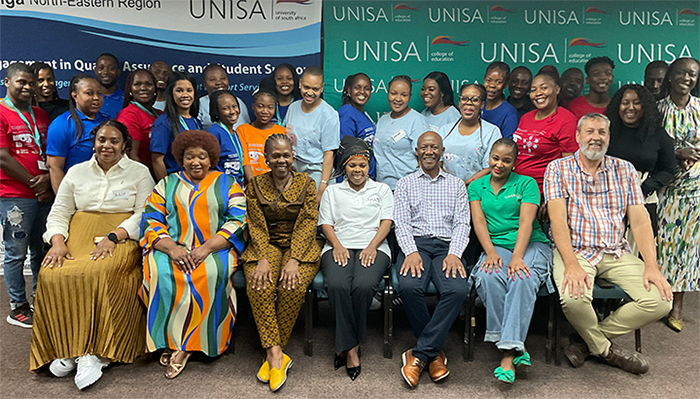
SEQASS group members (front row) with students (back row)
A recent initiative by the College of Education (CEDU), Student Engagement in Quality Assurance and Student Support (SEQASS) 2025, directed by the Department of Quality Assurance and Enhancement (DQAE), sought to empower students to assume a significant and influential role in quality assurance and enhancement throughout the university, with a particular focus on the experiences of College of Education students. The Mpumalanga Unisa regional office was selected as the venue for this two-day student engagement project scheduled for 16 and 17 September 2025.
The workshop's theme, "Nothing about the students, without the students", was succinctly expressed by Herman Entres, the Registrations and Administration Supervisor in Nelspruit, who welcomed the attendees on behalf of the Regional Director for the North-Eastern Region. He mentioned that this type of interactive engagement workshop with students was long overdue, emphasising that students, as the primary beneficiaries of the university's services, should be granted a platform to offer feedback regarding the provision of regional services and to impact the nature and quality of services provided by both the region and the university as a whole.
This workshop, funded by the Council on Higher Education (CHE), sought to enhance comprehension of quality assurance, augment student engagement in quality practices, identify obstacles encountered by students in their educational experiences and ascertain future support requirements to guarantee quality services, while shaping the discourse on the quality and nature of teaching and learning demanded by students. The programme emphasised that students' active engagement is essential for the institution to provide meaningful and effective answers.
The objective was to guarantee that student participation transcends a mere "box-ticking exercise" and constitutes a sincere endeavour to yield measurable improvements in student experiences that can be quality assured for enhanced outcomes in teaching and learning. Refiloe Tsephe, SEQASS Project Coordinator, stated in her address to the selected onsite students from five provinces and those participating online that "the university launched this initiative as part of the broader Council on Higher Education’s improvement plan, aimed at enhancing university services and fostering a learning environment where no student is left behind". She subsequently outlined the idea for the three student breakout sessions, which aimed to discuss their preferences for the design and growth of teaching and learning in their experiences.
The student breakaway sessions were preceded by presentations from Prof Itumeleng Setlhodi, the Council on Higher Education Audit Improvement Plan (CHEAIP) Project Manager, who emphasised the strategic significance of this project for quality assurance at the university, ensuring that both the college and the institution remain competitive in the education quality assurance space.
The President of the College of Education Students Association (CEDUSA), Ntokozo Mathabathe, delivered a persuasive presentation on students' perspectives concerning service quality. Virginia Moroke from CEDU delivered a presentation on Recognition of Prior Learning (RPL) and the alternatives available to students and potential candidates, including module exemptions and access for individuals who do not meet the requisite admission criteria.
Steven Shabangu and Treasure Thipe, both from the CEDU Student Support Office, provided guidance on student walk support activities and academic support initiatives for students, respectively, while also gathering students' perspectives and experiences regarding various student walk matters.
Dr Sizwe Mahlambi and Prof Moshe Phoshoko solicited students' opinions on assessment techniques and their perceptions of quality assurance, respectively, after Mario Sales, from the CEDU programme qualification management, presented on the college's module and programme management and administration processes.
Students' feedback from their breakout sessions raised serious concerns regarding service delivery, specifically the lack of speedy responses to inquiries about their studies and administrative matters. Some emphasised that the university has a responsibility to respond to students' current demands in the reconstruction and review processes of qualifications, as well as in the establishment and introduction of new qualifications, which should consider new trends and developments.
Assessment techniques were also identified as a critical issue that must be addressed, as students believe that current practices are obsolete and in need of evaluation because they are out of touch with today's realities.
This SEQASS workshop project provided a significant platform for authentic student engagement in quality assurance issues, allowing students to express their concerns, experiences and perspectives on student support, service quality, assessment, and teaching and learning in general, without fear of prejudice. In conclusion, an anonymous viewpoint suggested that this project should be conducted periodically in the long run and should involve students at every stage of the university's quality governance frameworks.
* By Freddy Abilio Mlambo, Acting Marketing and Communication Specialist, College of Education
Publish date: 2025-10-08 00:00:00.0
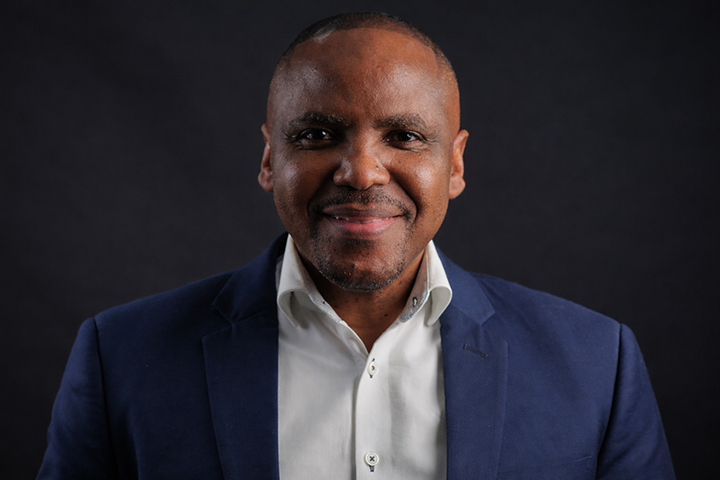 National leader in mathematics education aims to improve outcomes
National leader in mathematics education aims to improve outcomes
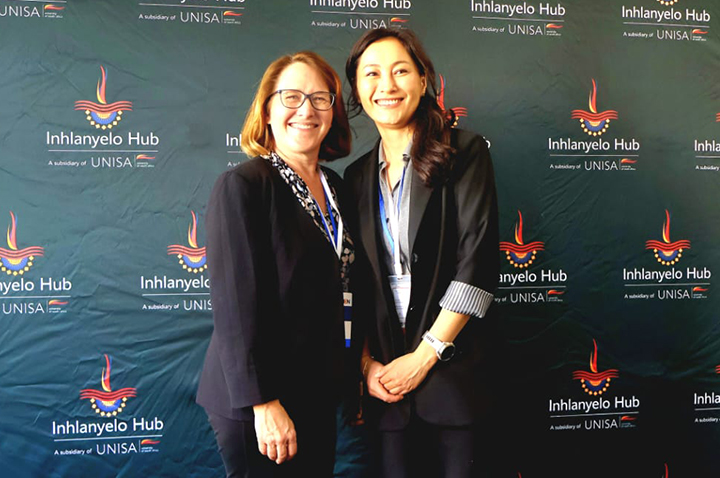 Unisa roundtable focuses on empowering SA women to lead in innovation
Unisa roundtable focuses on empowering SA women to lead in innovation
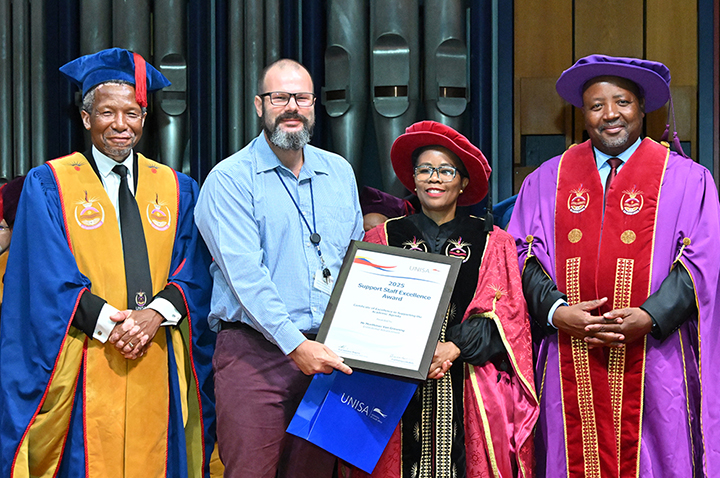 Unisan recognised for web excellence
Unisan recognised for web excellence
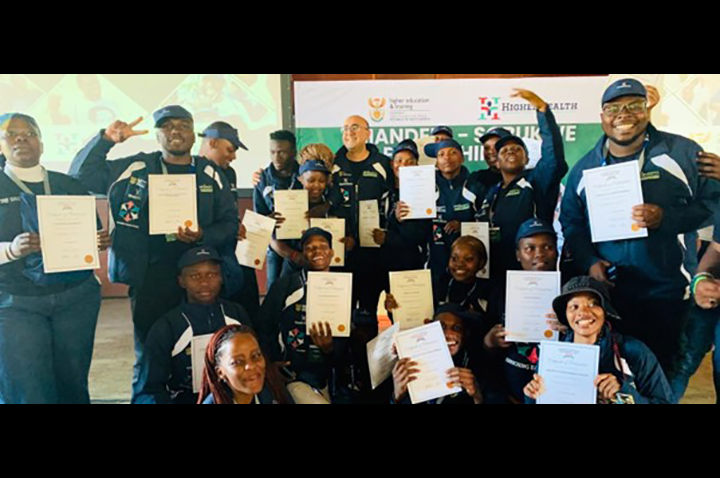 Office of the Dean of Students participates in leadership camp
Office of the Dean of Students participates in leadership camp
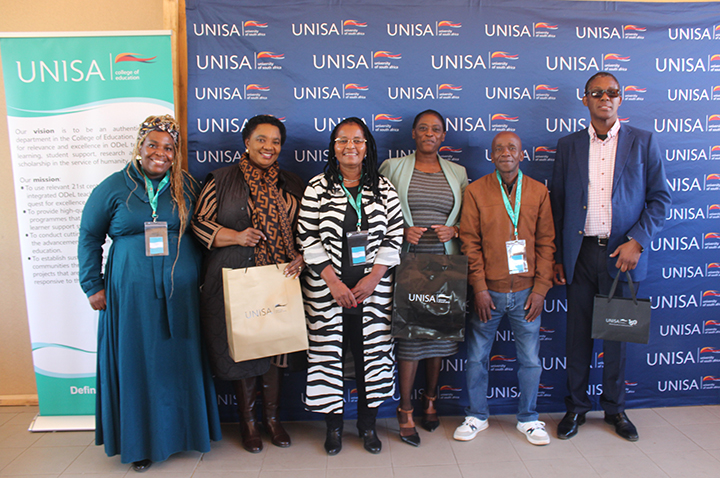 Unisa project fosters digital and pedagogical innovation in Limpopo schools
Unisa project fosters digital and pedagogical innovation in Limpopo schools